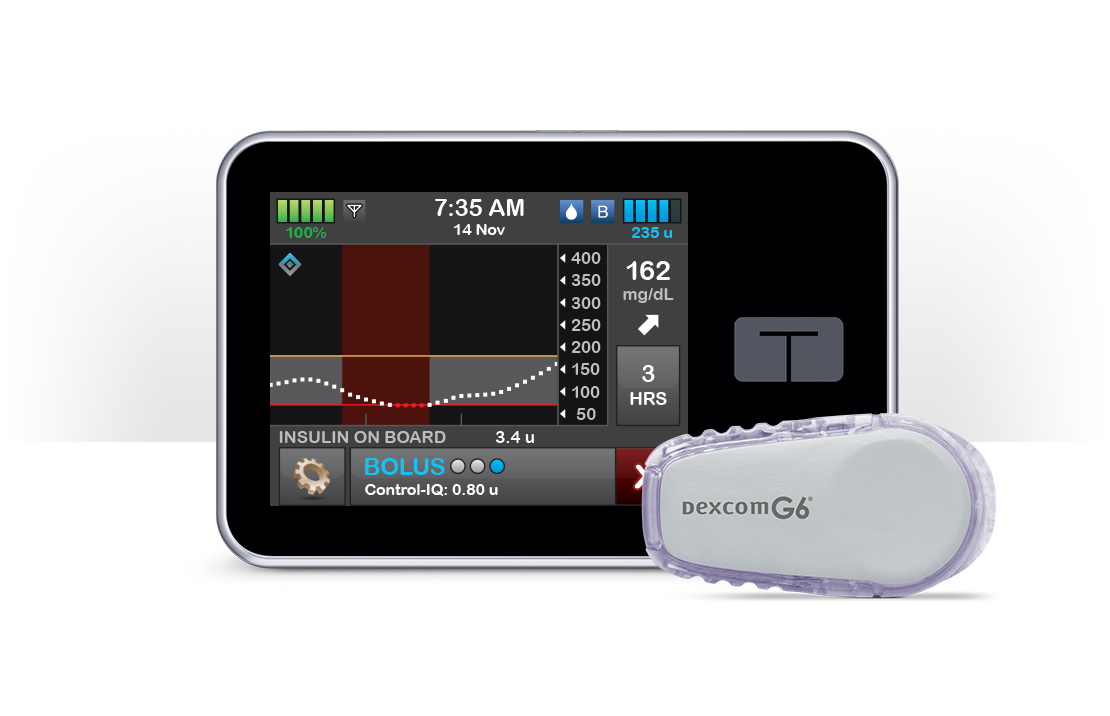Long-Term Improvements in Patient-Reported Outcomes Irrespective of Baseline Glycemic Control and Previous Insulin Delivery Method with the t:slim X2 Insulin Pump with Control-IQ Technology
Harsimran Singh, Gabriel Alencar, Michelle Manning, Kirstin White, Lars Mueller, Jordan Pinsker, Steph Habif, Tandem Diabetes Care
Background
Patient-reported outcomes (PROs) are essential when evaluating patients’ trust in their diabetes therapy and its long-term use. Previous publications from the Control-IQ Observational (CLIO) study (NCT04503174) have shown PRO improvements in people with type 1 diabetes (PWT1D) after three months of using Control-IQ technology.
Methods
We compared PROs at baseline (pre) and 6 months post Control-IQ technology use in CLIO participants. Repeated measures ANOVA was used to assess differences in PROs from pre to post.
Results
Sample included 2062 PWT1D. At baseline, 23% reported HbA1c ≥8.5%, and 63% were using a different insulin pump. After 6 months of Control-IQ technology (post), participants reported significant reduction in the perceived negative impact of diabetes on their diabetes-specific quality of life (mean=4.70 (SD=0.88) vs. 4.40 (1.05), p<0.001) with greatest improvement reported for “freedom to eat as you wish”. Significant improvement in satisfaction with insulin-delivery device (IDD) was noted at post, with participants reporting higher satisfaction with Control-IQ technology (8.84 (1.14) vs. their previous IDD (7.21 (1.97)) (p<0.001). Improved satisfaction was reported across all age groups (e.g., 6–12-year-old: 8.99 (1.01); 65+ years: 8.66 (1.33)). Additionally, reduced burden of diabetes was reported irrespective of previous IDD (MDI: 4.80 (1.85) vs. 3.15 (1.49); Pump users: 4.59 (1.81) vs. 3.10 (1.39); p<0.001) and baseline HbA1c (<8.5%: 4.90 (1.84) vs. 3.05 (1.35); ≥8.5%: 4.88 (1.86) vs. 3.29 (1.50); p<0.001).

Conclusion
Control-IQ technology users reported improved quality of life, reduced diabetes burden, and higher satisfaction with diabetes therapy irrespective of age, baseline HbA1c, and previous IDD.